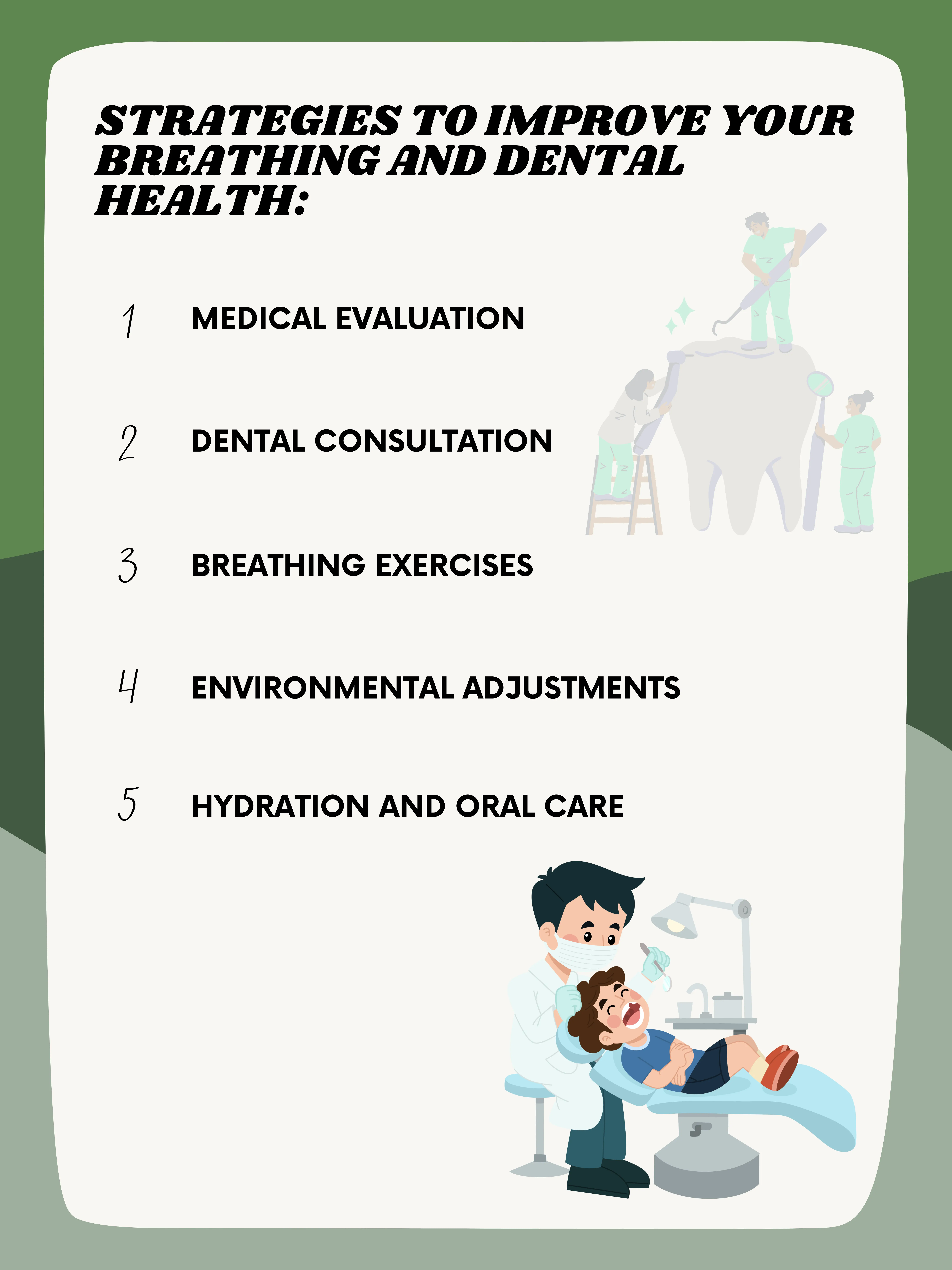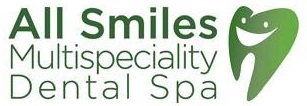
The Hidden Dangers of Mouth Breathing: What You Need to Know
Mouth breathing is often overlooked as a minor habit, but its impacts on health are significant. From sleep quality to facial appearance and overall health, the consequences of breathing through the mouth instead of the nose can be far-reaching. This blog delves into the various hidden dangers of s mouth breathing affects you and provides insights into addressing this habit for better health.
The Connection Between Mouth Breathing and Sleep Quality
Sleep Apnea
Mouth breathing is closely linked to sleep apnea, a condition characterized by repeated interruptions in breathing during sleep. When you breathe through your mouth, the airway is more likely to collapse, leading to obstructive sleep apnea (OSA). OSA can cause severe disruptions in sleep, leading to daytime fatigue, difficulty concentrating, and an increased risk of cardiovascular problems. Nasal breathing, on the other hand, helps keep the airway open and reduces the likelihood of apnea events.
Compromised Sleep Quality
Even if mouth breathing doesn’t lead to sleep apnea, it can still compromise sleep quality. Mouth breathing often leads to snoring, which can disturb your sleep and that of your partner. Additionally, mouth breathing dries out the mouth and throat, causing discomfort and frequent waking to drink water. These interruptions prevent you from reaching the deeper, restorative stages of sleep, leaving you feeling tired and irritable during the day.
Facial Appearance and Mouth Breathing
Facial Distortion
Chronic mouth breathing during childhood can affect facial development, leading to what is known as “long face syndrome.” This condition is characterized by an elongated face, narrowed dental arches, and a receded chin. Mouth breathing forces the tongue to rest at the bottom of the mouth instead of the roof, where it should be. This abnormal tongue position prevents the upper jaw from developing properly, resulting in facial distortion over time.
Dental Issues
Mouth breathing can also lead to dental problems such as malocclusion (misaligned teeth), gingivitis, and cavities. When the mouth is open, it becomes dry, reducing the saliva that normally helps to cleanse the mouth and neutralize acids produced by bacteria. The lack of saliva creates an environment conducive to tooth decay and gum disease. Additionally, the improper positioning of the tongue can cause misalignment of teeth, necessitating orthodontic treatment.
Overall Health Ramifications of Mouth Breathing
Systemic Issues
The habit of mouth breathing is not just confined to local effects in the mouth and face; it can have systemic health implications. For instance, mouth breathing can lead to reduced oxygen levels in the blood, which can affect brain function and overall energy levels. This reduction in oxygen can also contribute to the development of cardiovascular problems over time.
Dry Mouth
Dry mouth, or xerostomia, is a common consequence of mouth breathing. This condition can lead to a host of problems, including bad breath, difficulty swallowing, and an increased risk of oral infections. Chronic dry mouth can also affect your ability to taste and can make wearing dentures uncomfortable. Furthermore, the constant dryness and irritation of the throat can lead to chronic sore throats and hoarseness.
Also read our recent blog on :- Risk and benefits of whitening toothpaste
Addressing Mouth Breathing and Overall Health
Addressing mouth breathing requires a multifaceted approach that includes medical, dental, and behavioral interventions. Here are some strategies to help you breathe better and improve your overall dental health:

- Medical Evaluation: If you suspect that mouth breathing is affecting your health, it’s important to seek a medical evaluation. Conditions like nasal congestion, deviated septum, or enlarged tonsils can obstruct nasal breathing and force you to breathe through your mouth. Treating these underlying conditions can help restore normal nasal breathing.
- Dental Consultation: A dentist can identify any dental issues caused by mouth breathing and recommend treatments such as braces or other orthodontic devices to correct misaligned teeth and improve the position of the jaw. Additionally, dental appliances like mandibular advancement devices can help keep the airway open during sleep.
- Breathing Exercises: Practicing nasal breathing exercises can help you retrain your body to breathe through your nose. Techniques like Buteyko breathing can be particularly effective in reducing mouth breathing and improving overall respiratory function.
- Environmental Adjustments: Keeping your home environment conducive to nasal breathing can also help. Using a humidifier, especially at night, can keep the air moist and reduce nasal congestion. Ensuring your sleeping area is free from allergens can also help prevent nasal blockages.
- Hydration and Oral Care: Staying well-hydrated and maintaining good oral hygiene are essential. Drinking plenty of water throughout the day can help keep your mouth moist, and regular brushing and flossing can prevent dental issues associated with dry mouth.
- Behavioral Changes: Being mindful of your breathing patterns during the day and consciously keeping your mouth closed can help reinforce nasal breathing. It may also be helpful to tape your mouth shut at night, a technique recommended by some health professionals to encourage nasal breathing during sleep.
Mouth breathing is a seemingly simple habit that can have complex and far-reaching effects on your health. From sleep quality to facial development and systemic health, the consequences of not breathing through your nose are significant. By understanding the impacts of mouth breathing and taking steps to address it, you can improve your sleep, appearance, and overall well-being. If you suspect mouth breathing is affecting your health, consult with healthcare professionals to develop a comprehensive plan to tackle this issue.
Leave a reply
Most Commented